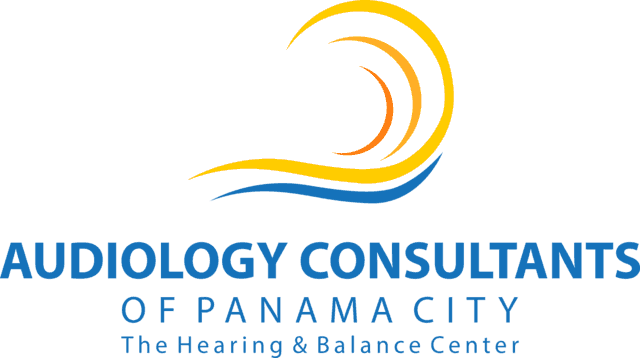- Steps to Coping with Chronic Dizziness - June 6, 2025
- Using Hearing Aid Accessories for Enhanced Listening - May 6, 2025
- Practical Tips for Managing Daily Challenges With Tinnitus - April 8, 2025
Every three seconds someone in the world develops a dementia disorder such as Alzheimer’s disease.
Both the increased public awareness of dementia as well as the increased prevalence, has made many of us more cognizant of our own memory and problem-solving abilities.
If you have started to notice some changes in your attention, your ability to remember dates of appointments, or things that were said to you, your issue may actually be more closely tied to hearing loss than cognitive decline.
Recent Study Findings
A study recently published in the Canadian Journal on Aging found that a little more than half (56%) of participants who were concerned about their memory, had some degree of hearing loss. Of these with hearing loss, only about 20% of them actually used hearing aids. Of all the participants, about a quarter of them did not experience any memory loss that was associated with signs of dementia or a cognitive decline.
Dr. Susan Vandermorris, a neuropsychologist at Baylor and one of the lead authors of the study stated of the findings: “We commonly see clients who are worried about Alzheimer’s disease because their partner complains that they don’t seem to pay attention, they don’t seem to listen or they don’t remember what is said to them … Sometimes addressing hearing loss may mitigate or fix what looks like a memory issue. An individual isn’t going to remember something said to them if they didn’t hear it properly.” (https://medicalxpress.com/news/2019-01-memory-problems-symptoms-loss.html).
Hearing Loss Increases Risk of Developing Dementia
You may be reading this and thinking to yourself, “Oh great, my memory issues are probably just due to hearing issues, so I don’t have to do anything about them at all”. If this is you, you may want to reconsider. Over the past decade, a growing body of research has been published that outlines the correlation between untreated hearing loss and an increased risk for developing dementia disorders such as Alzheimer’s. One of the most commonly cited studies was published in 2011 out of the Johns Hopkins National Institute on Aging.
This study assesses participants once every one or two years for over a decade. The findings uncovered that over the course of time, people with hearing loss were more likely to have developed dementia by the end of the study than peers without hearing loss. In fact, those with mild hearing loss were twice as likely, those with moderate hearing loss were three times as likely, and those with severe hearing loss were five times as likely to have developed dementia than their peers without hearing loss.
Follow up studies from around the globe have continued to conclude similar results: that untreated hearing loss is a serious risk factor for developing dementia.
Early Signs of Hearing Loss
It is easy to confuse early signs of hearing loss with early signs of memory loss. Here are some of the most commonly reported signs. Some of these signs can often be confused with signs of memory loss.
- Tinnitus. A phantom ringing or buzzing in one or both of your ears. For some, this is just a mild annoyance, for others, tinnitus can interfere with concentration or sleep. Tinnitus is not often mistaken as a memory issue.
- * Hearing, but not understanding. The ability to properly hear and decipher between minute differences between letter sounds (such as the difference between the “d” and “p” sounds) are often the first to go with hearing loss. This can cause a feeling that one can hear what people are saying – but cannot understand the conversation. This is sometimes confused with a memory issue if others feel that you are not paying attention or miscommunication causes one to “forget” something that they heard incorrectly in the first place.
- Complaints from loved ones that you are not listening. When listening to conversations becomes stressful or frustrating, we may “tune out” if we don’t believe we will be able to hear and understand a conversation anyway. Even when actively trying to listen, mishearing or misinterpreting conversations can leave our communication partners feeling as though we are not listening. Depending on the conversation topic, this can sometimes be confused with memory issues
Visit Us at Audiology Consultants
If you think you may be experiencing early signs of hearing loss, memory loss (or both) it is extremely important that you schedule a hearing test as soon as possible. At Audiology Consultants, we provide comprehensive hearing health care, from tests to hearing aid fittings. Contact us today!


